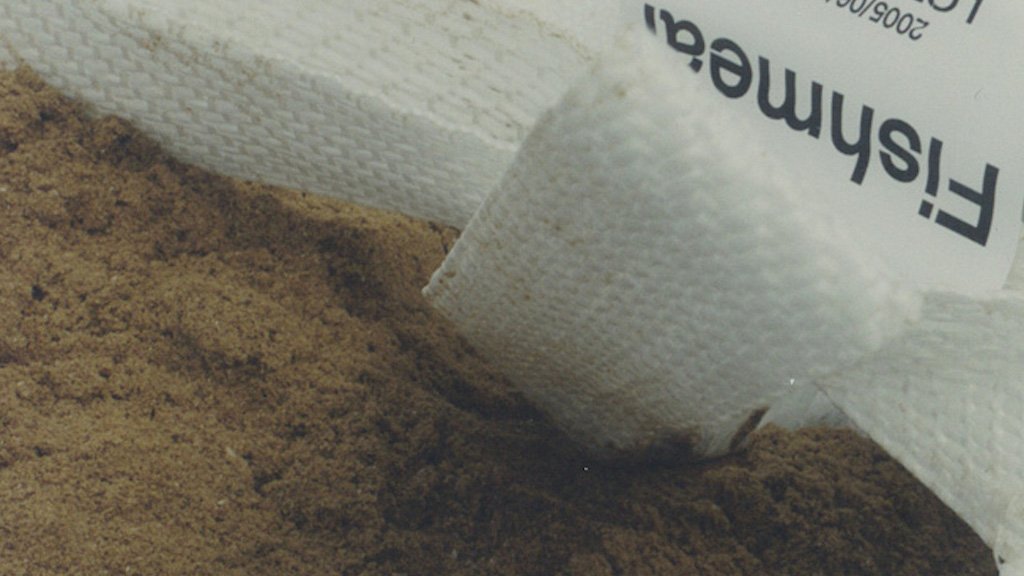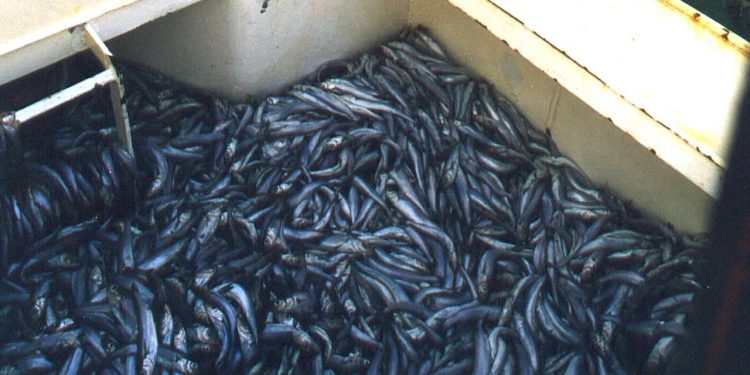It’s Barcelona Seafood Expo Global (SEG24) week, and the North Atlantic Pelagic Advocacy Group (NAPA) is using the world’s largest seafood industry exhibition as a platform to highlight the political stalemate affecting management of pelagic fisheries over the past three years – with the focus on blue whiting and its crucial position as a feed sector species.

‘Skretting became a founder-member of NAPA because we are determined to see progress made for the blue whiting fishery in the Northeast Atlantic. This species is essential for fishmeal production for salmon feed – and sourcing from well-managed, sustainable and certified sources is essential to our 125 yr-old business,’ said Leif Kjetil Skjæveland, Manager of Sustainability and Public Relations, Skretting Norway.
‘We only buy fishmeal and oil from a certified source or a FIP, and we need to see blue whiting back on track to certification. With no sign of this, and the NAPA blue whiting FIP ending in October this year, it’s time for action — or we will be forced to stop buying from this fishery.’
The NAPA blue whiting FIP sits under the MarinTrust Improver Programme and will conclude in October 2024. The ‘policy FIP’ was designed and launched to drive political momentum towards a long-term, science-based sharing agreement between Coastal States in the North East Atlantic fishery complex. With the deadline looming, NAPA members at SEG24 are engaging with salmon producers and Coastal States representatives to make explicit the consequences of inaction.
‘Without a science-based sharing arrangement between Coastal States, blue whiting cannot be used for Aquaculture Stewardship Council (ASC) feeds. At Cargill, we are obliged to source fish sustainably, just as salmon producers and other aquaculture businesses are obliged to purchase certified feed. There is very little time left for change. We are preparing for a future where we must fundamentally change the sources of marine ingredients we use,’ commented Dave Robb, Sustainability Lead at Cargill Aqua Nutrition Group.
NAPA continues to actively seek out Coastal States representatives for constructive and purposeful conversations to help resolve the political stalemate in the North East Atlantic region. Now working to align with businesses outside the Group – across the salmon sector – and working closely with the catching sector, too, they believe that the coalition amassing around their rallying cry will be undeniable to the politicians who, according to Leif Kjetil Skjæveland, are ‘gambling’.
‘Business security, environmental sustainability, food security, and responsible ocean management: these should be political priorities that rise above a disagreement on sharing stocks. Short-term pain in the region is worth the gain in the long-term, whichever nation state you represent. The long-term gain to be achieved isn’t in doubt: we have some of the most robust fisheries science in the world – we know the outcome if we act in accordance with that science. The gamble here is continuing to act as if that science is meaningless,’ he said.
‘NAPA is here to make it clear there isn’t an uncertain outcome to that gamble, because the market will move away. So, I ask: is the message from the best ocean managers in the world that we give up? That we can’t manage our industrial fisheries, so now it is free for all? Then we will lose the public trust in us managing the ocean. That is a huge risk for the business, but also for nature. Please don’t make that bet!’









